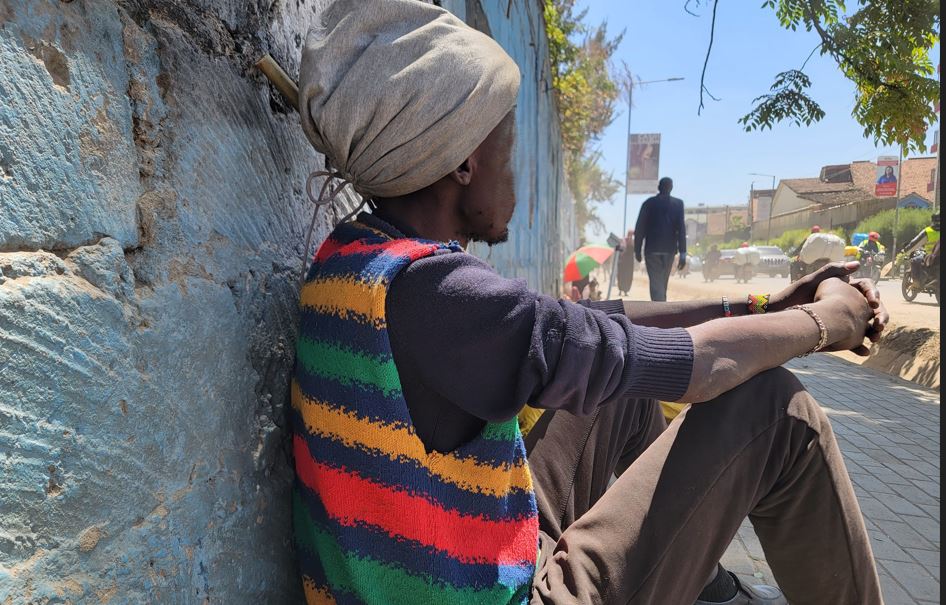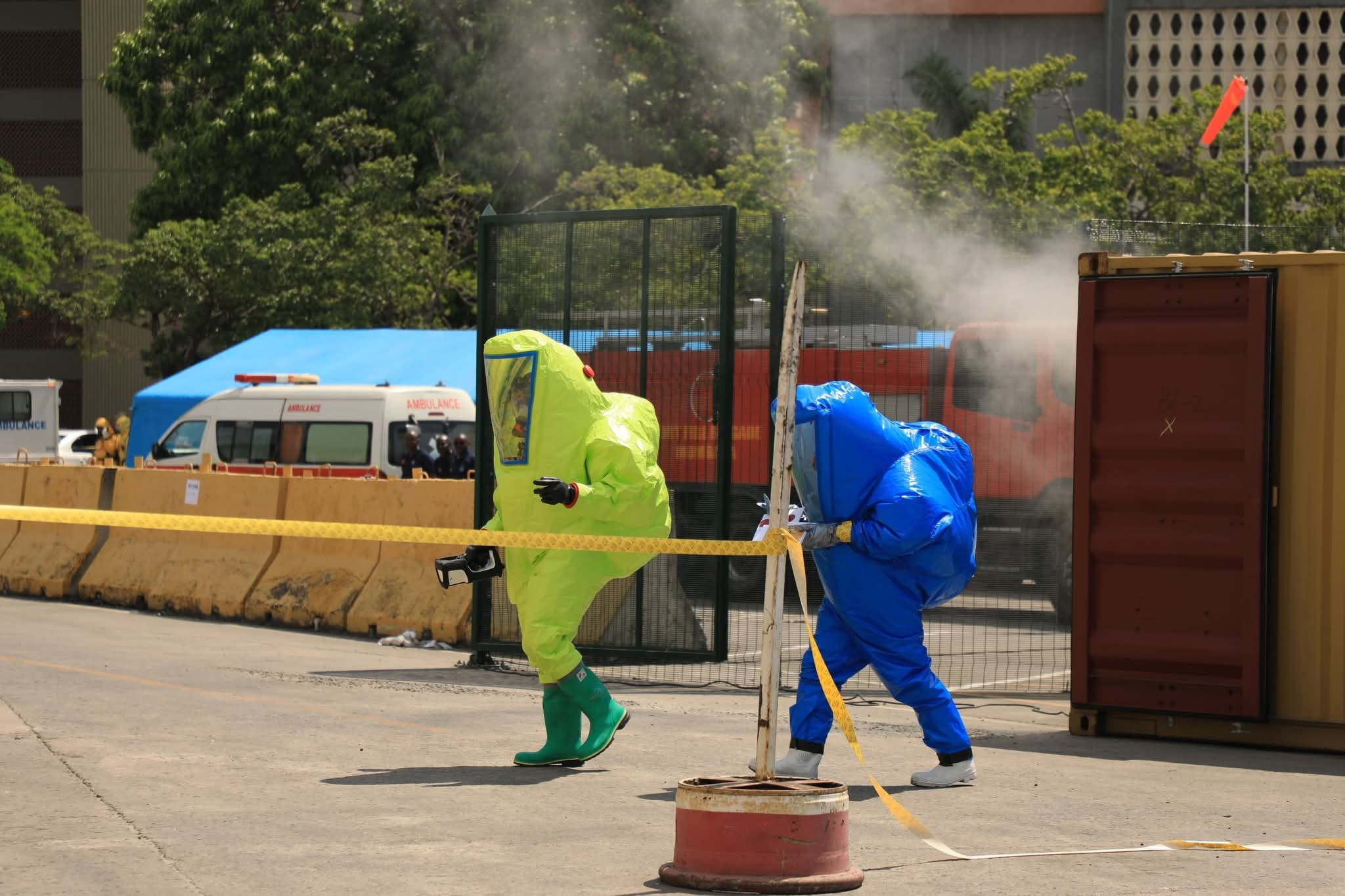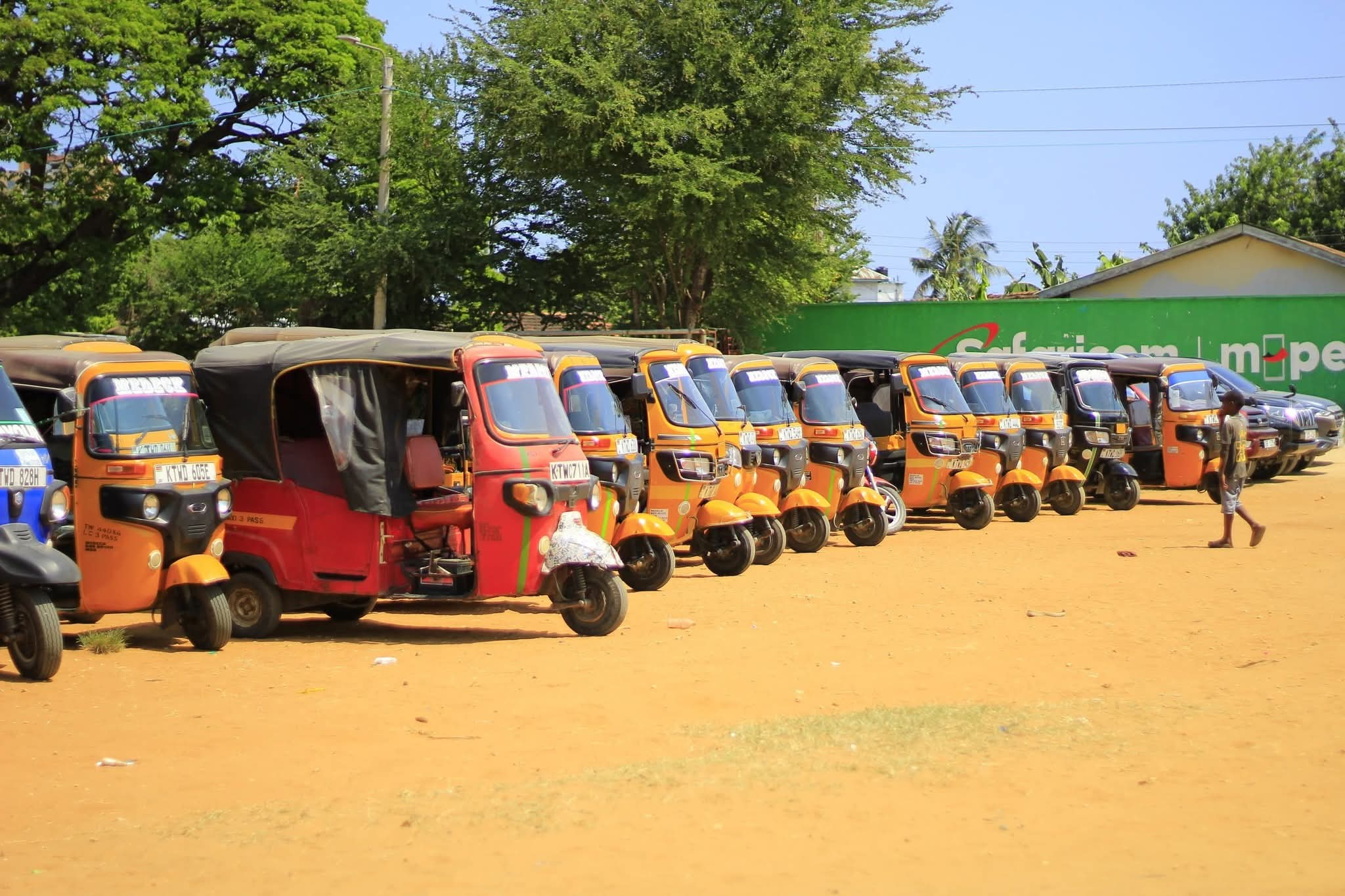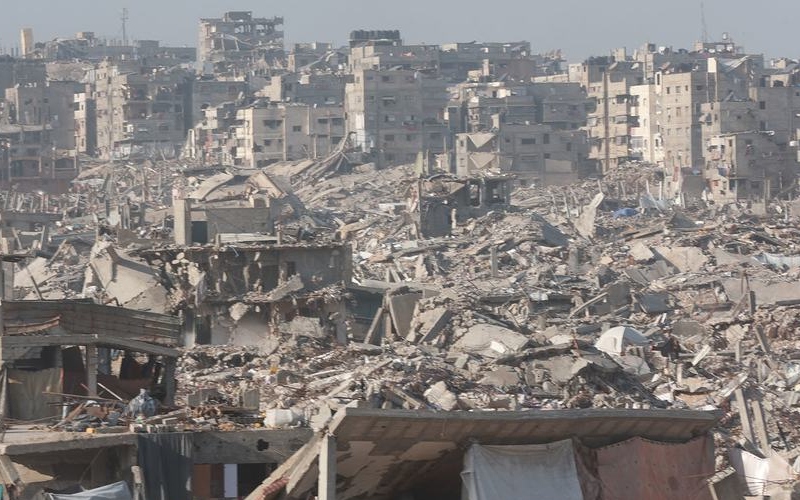Relapse battle, strained family relationships pushing drug addicts to the streets

Daisy Khaindi, a counselling psychologist, says that men often struggle more with coping under pressure, and some turn to substance abuse and drugs as a way to manage.
Kennedy* left his home in Mombasa over a decade ago due to a strained relationship with his family, which was largely caused by his struggle with substance addiction.
Growing up in Mombasa, he was exposed to drugs at a young age, and before long, he found himself using hard drugs like heroin. His addiction created significant tension with his family, who felt helpless as they tried to support him, but eventually, Kennedy left home, choosing never to return.
More To Read
- Kenya Airways staff jailed for 25 years for trafficking heroin
- Violence is a normal part of life for many young children: Study traces the mental health impacts
- Busia destroys Sh21.9 million worth of heroin, bhang in anti-drug operation
- When birth brings heartbreak: Mothers share their stories of children with deformities
- Explainer: As mental health challenges rise, here is what you need to know about antidepressants
- Mental health advocates call for community-based support as economic strain deepens
"When you're using drugs, you're willing to do anything to get that next dose of heroin just to function. That's when the strain really started in my relationship with my family. They felt like I wasn't making an effort to stop, even with their support," said Kennedy.
He admits that engaging in criminal activities, such as pickpocketing, became part of the addiction cycle. It was the only way he could afford the relatively cheap heroin on the streets.
"When I was first introduced to heroin by a friend, I started off sniffing it. But eventually, I transitioned to injecting it because it was much stronger, and my body craved a more intense feeling just to feel okay," he explains.
Kennedy was fortunate to undergo a year-long rehabilitation programme, which brought about meaningful changes in his life.
During this time, he learned that even a single injection of heroin could send him back into a state of numbness and dependency. He was able to rebuild his life, settling down, getting married, and starting a family.
Pressures of life
However, the pressures of life eventually led to a relapse, and before long, he found himself back on the streets. His marriage fell apart, and he separated from his wife.
"Drugs provide a temporary relief when things get tough, but people don't understand. They feel like you don't appreciate the sacrifices they've made for you. That's why I chose to distance myself from my family. I didn't want to be a burden to them," said Kennedy.
A similar story is told by Abdi*, who has always felt like the black sheep in his family.
His struggle with addiction began at a young age, following in the footsteps of his father who was also addicted to smoking and alcohol. This pattern had a profound impact on his relationship with his mother, who raised her children in the church, hoping they would steer clear of the destructive habits that plagued their father.
"As a child, I saw how my father behaved — how he neglected his responsibilities, while our mother worked hard to support us. When she discovered that I was following the same path, she was heartbroken. She kept telling me I'd turn out just like him — an alcoholic and an addict who does nothing with his life," Abdi says with a hint of regret.
Abdi admits that he tried multiple times to break free from his addiction, but the trust between him and his mother had already been shattered. She never believed he was serious about changing, and the constant insults wore him down. Eventually, feeling exhausted by the endless cycle, he decided to leave home.
"My siblings turned out fine. I'm the only one who went down the wrong path, and life has never been the same since then. They seem to be moving forward without me, while I'm left behind," Abdi says, his tone tinged with sorrow.
Permanent rift
Although he still keeps in touch with his family, Abdi knows that things can never go back to the way they were. His addiction has created a permanent rift, and despite the communication, the emotional distance remains. Life has shifted for him in ways he never imagined, and he feels like an outsider in his own family.
Another victim, Shadrack*, now 56, lives in Nairobi’s Majengo and has repeatedly tried to get his life back on track. However, alcohol has a tight grip on him, and no matter how hard he tries, setbacks always push him back to the bottle. In the process, he has lost everything — his family, his home — and to cope with the overwhelming depression, he turns to alcohol.
"I started drinking because of peer pressure. Growing up in a neighbourhood filled with drugs, it was easy to get caught up. It started as a way to fit in, but over the years, I've buried many of my friends and family because of alcohol," says Shadrack.
There was a time when he was sober for nearly six months while battling tuberculosis. But with joblessness and the weight of stress, he relapsed and hasn't been able to stop since.
"I want to be respected and appreciated by my family, but I've let them down so many times because of my alcohol addiction," he confesses, the pain of regret evident in his words.
Despite his struggles, Shadrack still longs for the approval and love of his family, yet feels trapped in the cycle of addiction that has stolen so much from him.
Men struggle more
Daisy Khaindi, a counselling psychologist, says that men often struggle more with coping under pressure, and some turn to substance abuse and drugs as a way to manage.
These behaviours can become a cycle, with many men relapsing when faced with life's pressures, as substance use becomes their primary coping mechanism.
Drug addiction is often linked to mental health conditions, such as depression, anxiety, and trauma, and it can be both a cause and a result of mental health struggles. The chemicals in drugs alter brain function, particularly in areas responsible for pleasure, decision-making, and impulse control, making it difficult for individuals to stop using substances on their own.
"Many people find it difficult to seek help or even acknowledge that they may be experiencing mental health issues,” says Khaindi.
She explains that many individuals living on the streets suffer from conditions like psychosis, a mental health condition characterised by a disconnection from reality. People experiencing psychosis may have difficulty distinguishing what is real from what is not.
Common symptoms include:
-Hallucinations - Perceiving things that aren't there, such as hearing voices or seeing things others do not.
-Delusions - holding strong, false beliefs that are not based in reality, such as believing one has special powers or is being persecuted.
-Disorganised thinking - having trouble speaking coherently or making logical connections, making it difficult to communicate clearly.
-Disorganised or abnormal motor behaviour - acting in unpredictable or inappropriate ways.
Psychosis can be triggered by various factors including mental health disorders (e.g. schizophrenia, bipolar disorder), substance abuse, trauma, or certain medical conditions.
Khaindi says that addiction can serve as a coping mechanism for some people, contributing to their homelessness. She adds that drug addiction is a disease like any other, one that can be treated, and that individuals suffering from this illness should not face discrimination.
She notes the importance of support from loved ones, noting that relapse is a common part of the healing process. Many individuals who relapse do so when they encounter obstacles, as substance use previously served as a coping mechanism.
Top Stories Today
















































